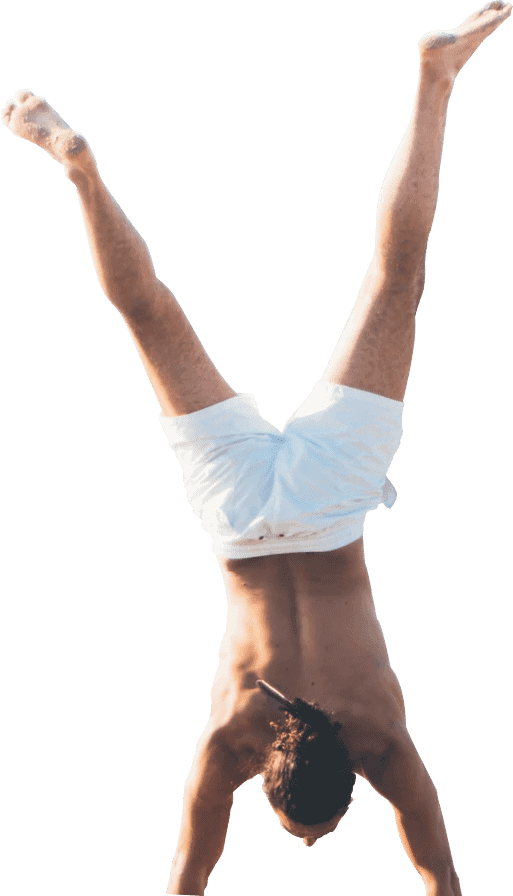By Amy Mulcahy
Remedial Massage Therapist at Life Ready Physio + Pilates Camberwell
________________________________________________________________________
Massage has been shown to increase circulation, improve sleep quality and immunity, and reduce stress, pain and depression – all of which make us feel better, more energised and less fatigued!
Muscle fatigue is the decline in the muscle’s ability to generate force. It can be a result of vigorous exercise, but abnormal fatigue may be caused by barriers to, or interference with the different stages of muscle contraction.
1. Sports massage eliminates trigger points
Muscles with trigger points fatigue more easily. A trigger point is a hyper-irritable “knot” in the taut bands of the muscle. Direct compression or muscle contraction can consequently create local tenderness and referred pain which usually responds with a pain pattern from the spot.
2. Decrease taught muscle fibres and fascia
When muscles become stiff and tight, the fibres of the muscle adhere together, restricting movement.
When your muscles are chronically tight, the surrounding fascia tightens along with them. Over time, the fascia becomes rigid, compressing the muscles and nerves.
Sports massage uses techniques such as cross-fibre friction to break up adhesions in the muscles. Deep tissue stripping and pin-and-stretch techniques also lengthen and stretch muscle and fascia fibres. This, combined with ischemic compression to release trigger points helps decrease taught muscle fibres and fascia.
3. Reduce pain
Sports massage can ease pain in several ways. Massage triggers the release of natural painkillers called opioids in the brain. Studies also suggest that massage speeds up the flow of oxytocin, a hormone that relaxes muscles and encourages feelings of calmness and contentment.
Massage may also change the way the brain senses pain. As Stanford neuroscientist Robert Sapolsky has said, “Good massage can temporarily make the brain forget about other aches.”
4. Improved rest for recovery
Massage can help improve sleep quality by increasing hormones that help us relax. When we sleep, our body heals.
During sleep, the brain triggers the release of hormones that encourage tissue growth to repair blood vessels and tissues. This helps wounds to heal faster and also restores sore or damaged muscles.
5. Faster recovery
Receiving regular massage improves our ability to recover, and to recover faster – be it from exercise or injury.
Research has confirmed that athletes who received regular sports massage post-exercise recovered faster and with a reduction in delayed onset muscle soreness (DOMS). This is the result of a reduction in the stress hormone cortisol and an increase in beta-endorphins in the plasma, increasing our body’s ability to heal.
So, by reducing pain and tension, improving rest quality and increasing good hormones, remedial massage can help our muscles heal faster and reduce fatigue.
To learn more about how our team at Life Ready Physio can help, visit our site here. If you’d like to book a massage session to treat an injury or help improve your post-training recovery, contact us today.
